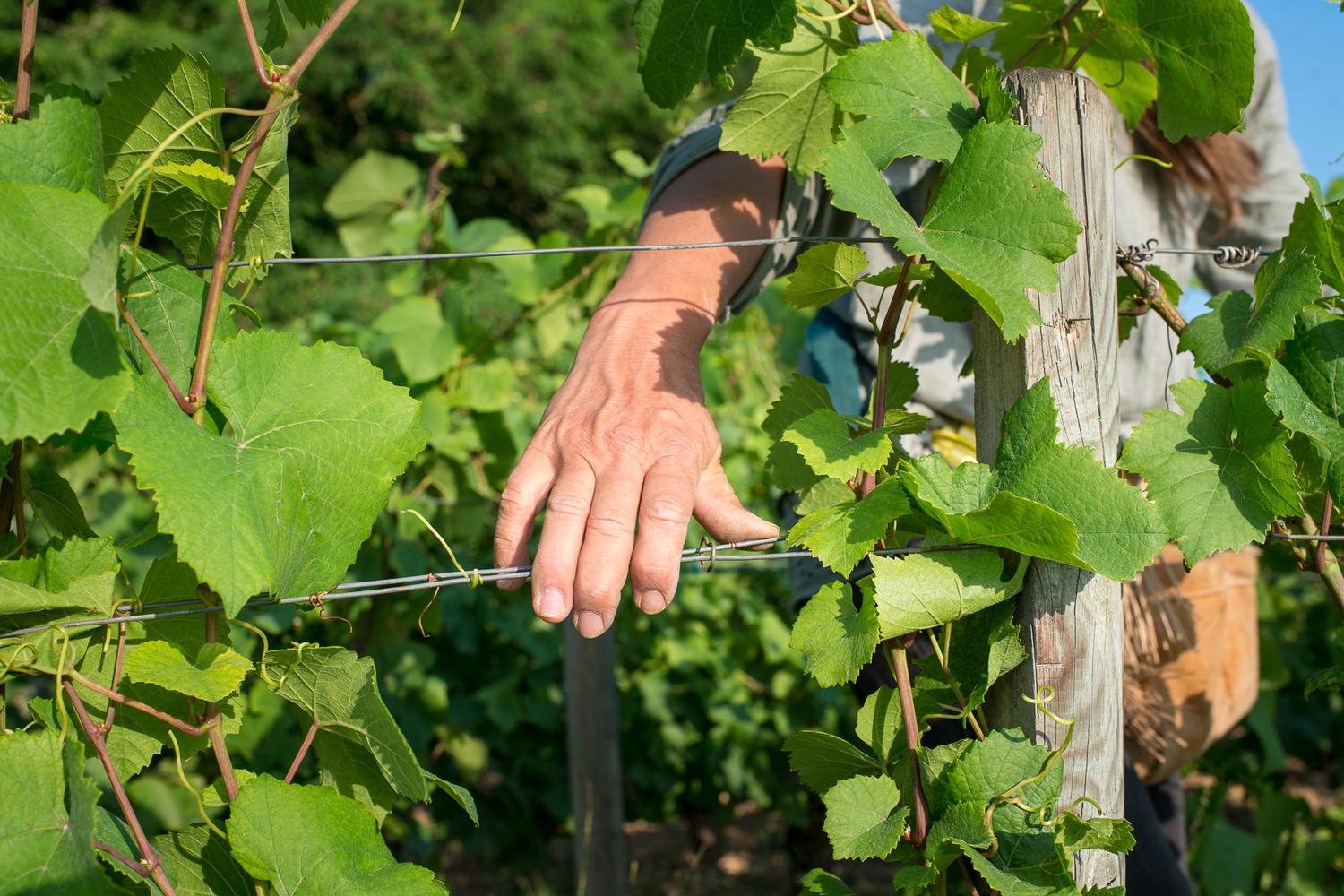
Château de Marsannay is involved in organic farming all over their 40 hectares of vineyards. Pruning respecting the sap flows, organic enrichment to stimulate microbial life of the soils and improve its structure are some examples of our environment-friendly practices.
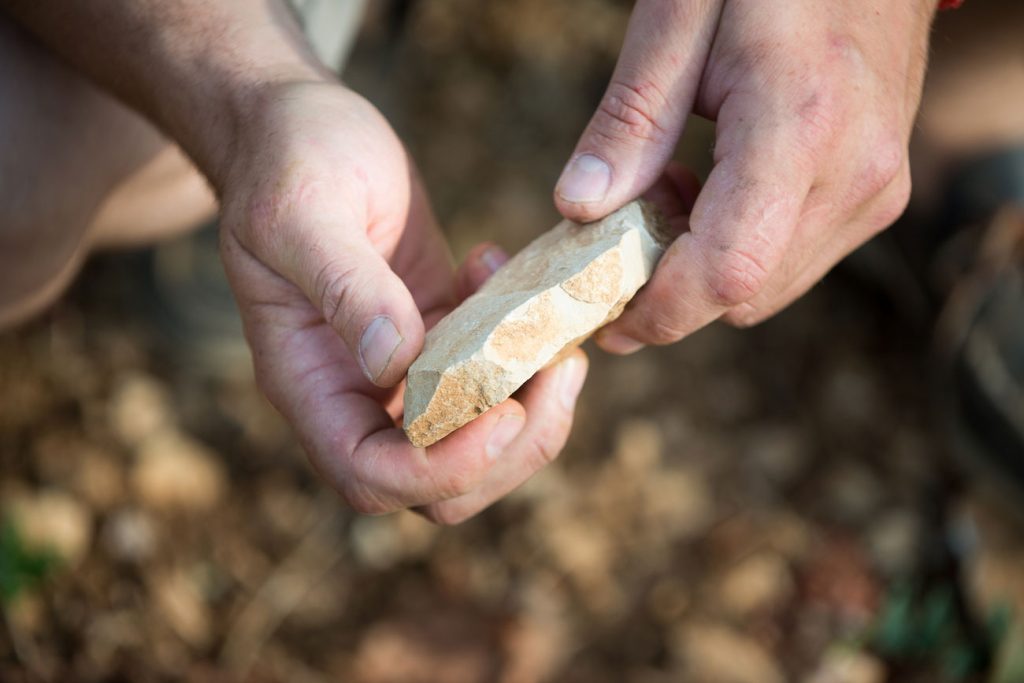
Together with the UIVV and Françoise Vannier Petit, we studied the 6 terroirs of Marsannay Clos du Roy, Clos de Jeu, Les Favières, Les Echezots, Les Longeroies and Les Champs Perdrix. This study showed us the richness and diversity of these Climats and allowed us to improve the adequation between grape variety and terroir which are expressed in our wines.
Regarding the stress of global warming, our agricultural practices aim to conserve the soils with organic composts coming from local sector, green manure seedlings, planting trees to mantain biodiversity. Plowing with horses helps to reduce the settlement of the soils.
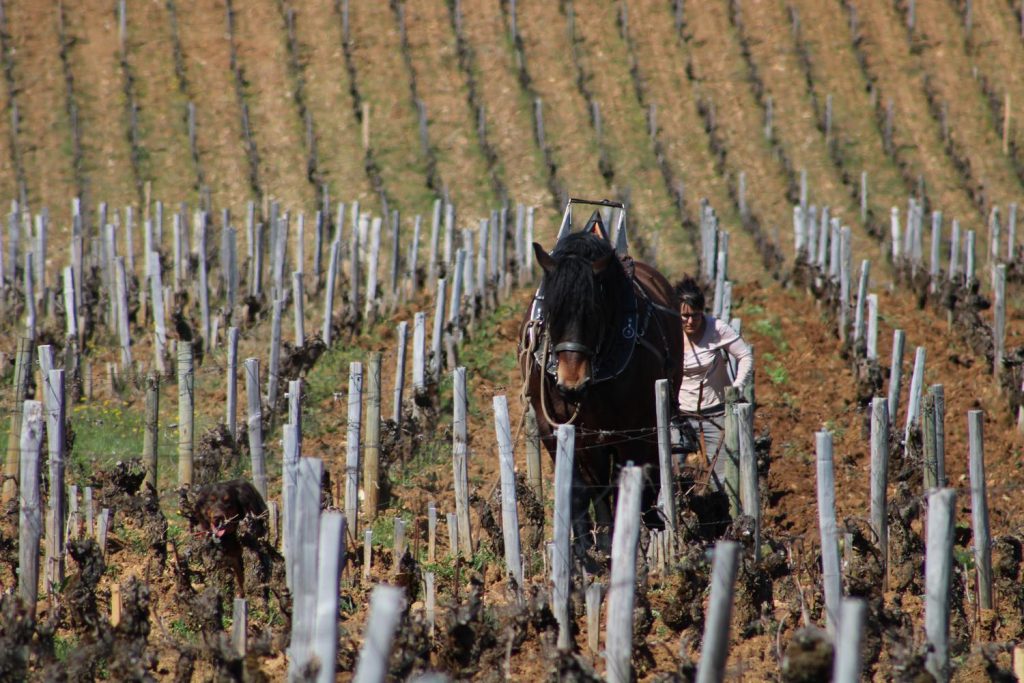
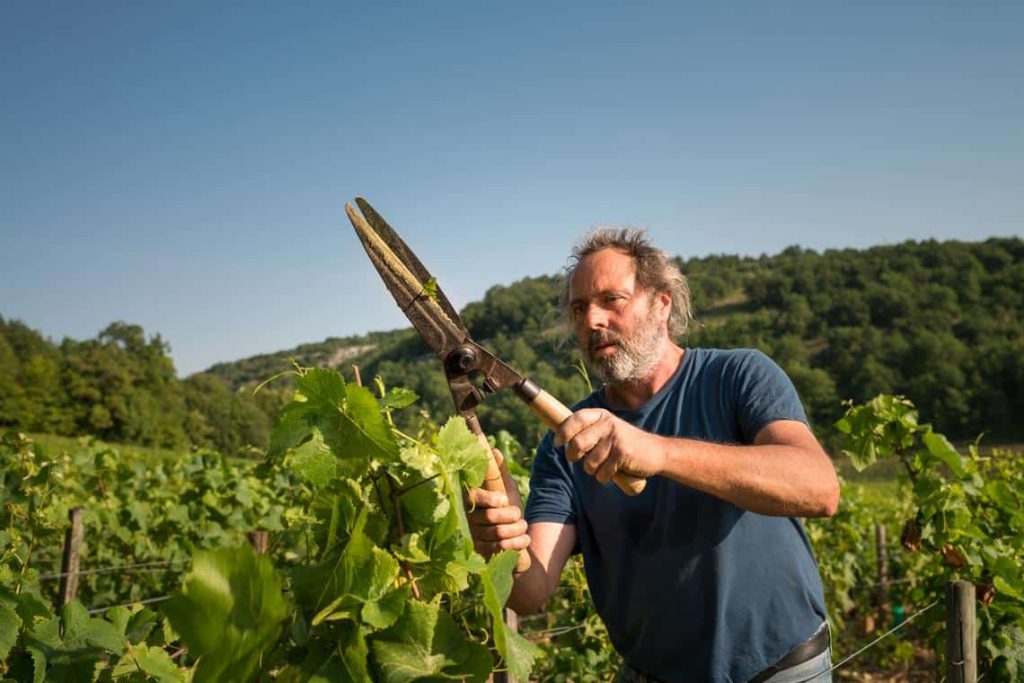
The gestures of our winegrowers are adapted to maintain the good health of the vine throughout the vegetative cycle. Château de Marsannay is one of the first to put into practice the Poussard prunning method respecting the sap flow of the vines. We use decoctions of plants such as comfrey and nettles. We do not burn our shoots but we grind them to reduce pollution and also increase soil humus. We participate in research on the decline of the vineyard with researchers from INRAE and the University of Dijon and we are a member of the Gest (Group of Studies and Monitoring of Terroirs).
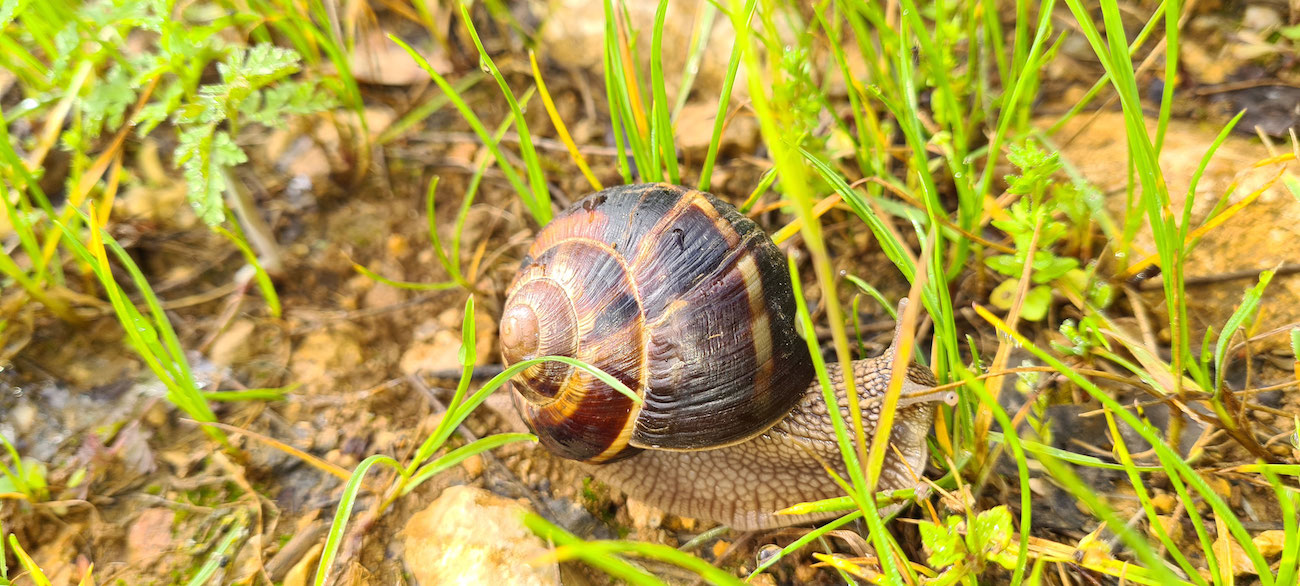
The Estate finished the transition for organic farming in 2021. It will be certified Ecocert in 2022. By using organic products, we preserve the health of our workers, the environment and the duration of the vineyards. It will also guarantee our consumers the absence of residual products in our wines.
We are committed to harvesting grapes at optimal ripeness in a disrupted climate context, which leads to increasingly early ripening. This requires tasting and analysing the berries from each Climat (more than 100 plots) during the 10 days preceding the harvest in order to monitor ripening as closely as possible. We seek to avoid over-ripeness associated with a loss of acidity. In general, we are looking for fruit ripeness and the vegetal nobility typical of the great northern Pinots. It takes 12 days and a hundred pickers to harvest our 40 hectares. We do a meticulous sorting when we receive the grapes in the cellars to remove the toasted and damaged berries in order to preserve the most beautiful logs.
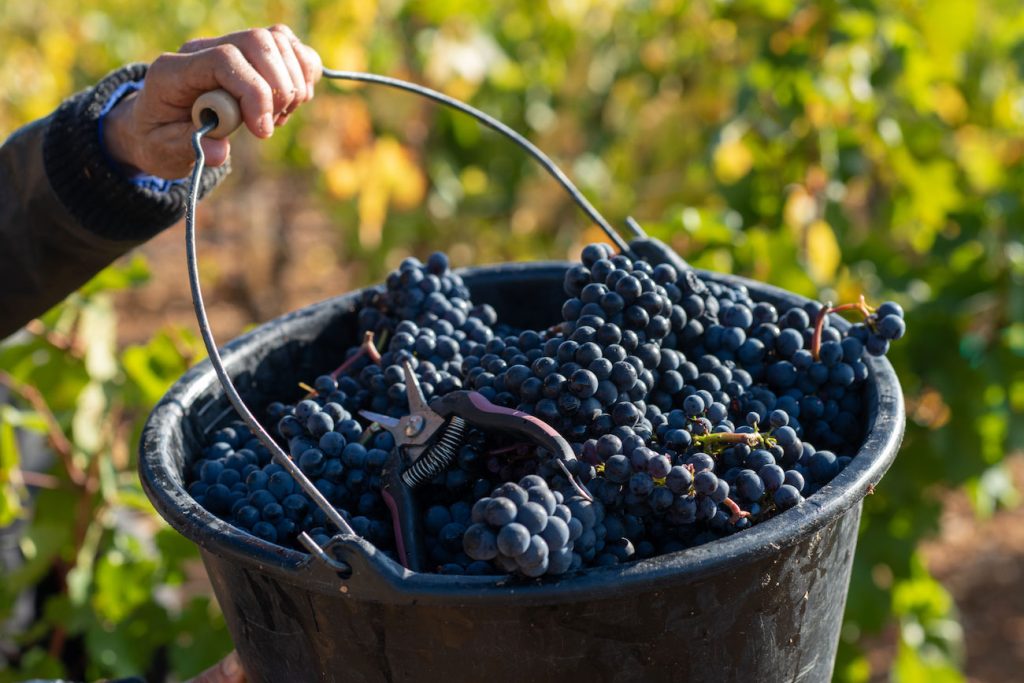
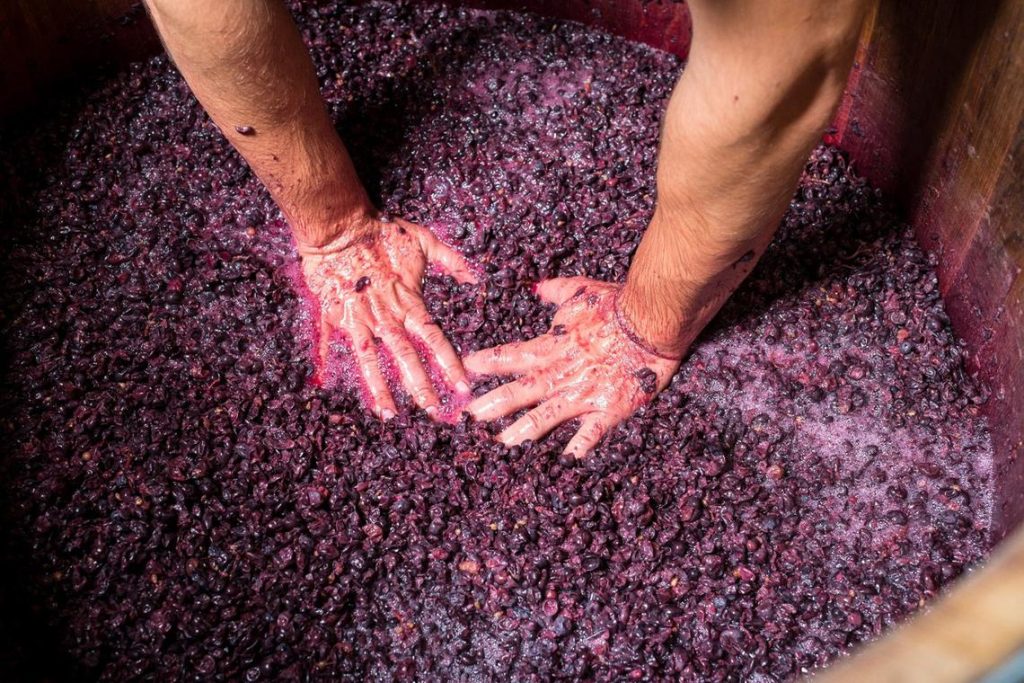
The best Climats of our vineyards are vatted in entire bunches. We take our time to extract the full potential of our terroirs during vinification (2 to 3 weeks). We prefer infusion and light pumping over to extraction by trapping, in order to extract the material and the aromas of excellent quality. As soon as the wines are well filled, we drain as not to unbalance them.
After devatting and a long decantation, we put our wines into oak barrels in a cellar located 10m underground. Malolactic fermentation and ageing take place in a fully thermoregulated cellar, at an optimal temperature of fifteen degrees. Regular tastings allow us to evaluate the evolution of the wine during its ageing to determine the best date for bottling.
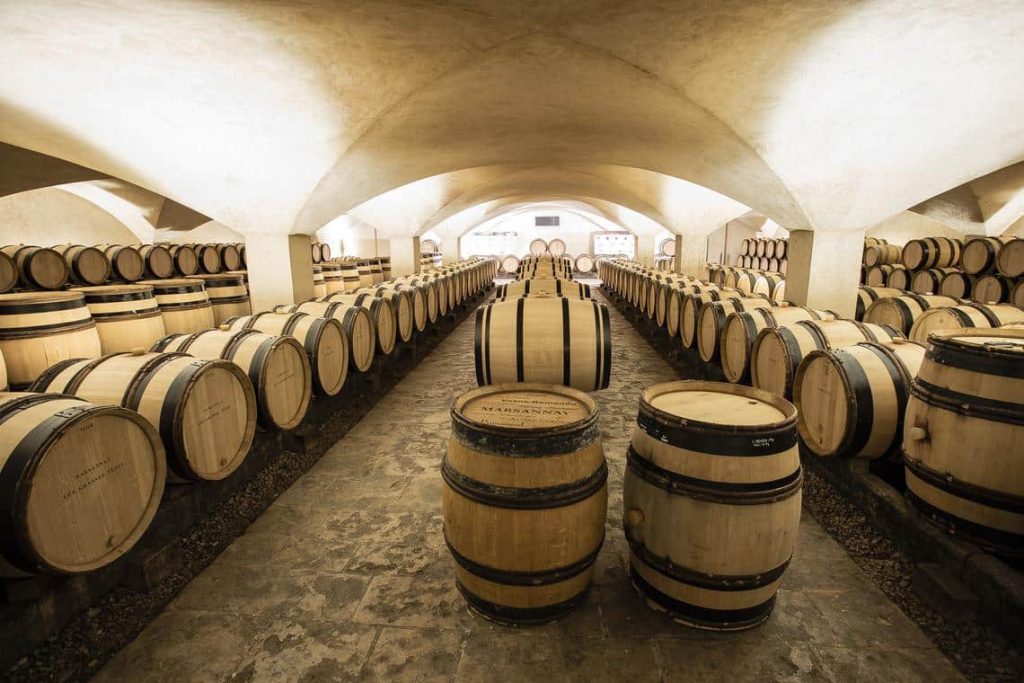
To keep you informed of our news, we invite you to subscribe to our newsletter. To do this, all you have to do is provide us with your email address and the language in which you wish to receive our newsletter (French or English).
Alcohol abuse is dangerous for your health. Please drink responsibly.
To visit this site, you must be of legal drinking age in your country of residence. By clicking on “I am of legal age”, you accept the terms and conditions of use of this site.
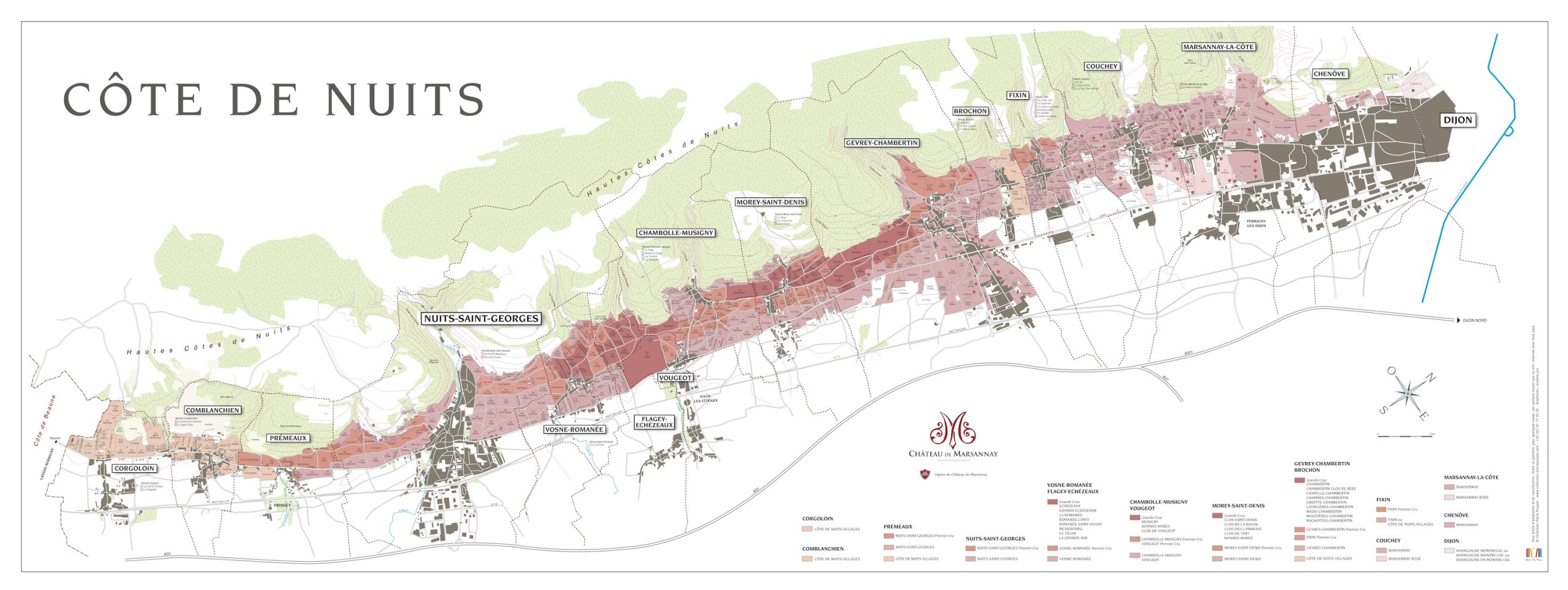
Passez la souris sur la carte pour zoomer